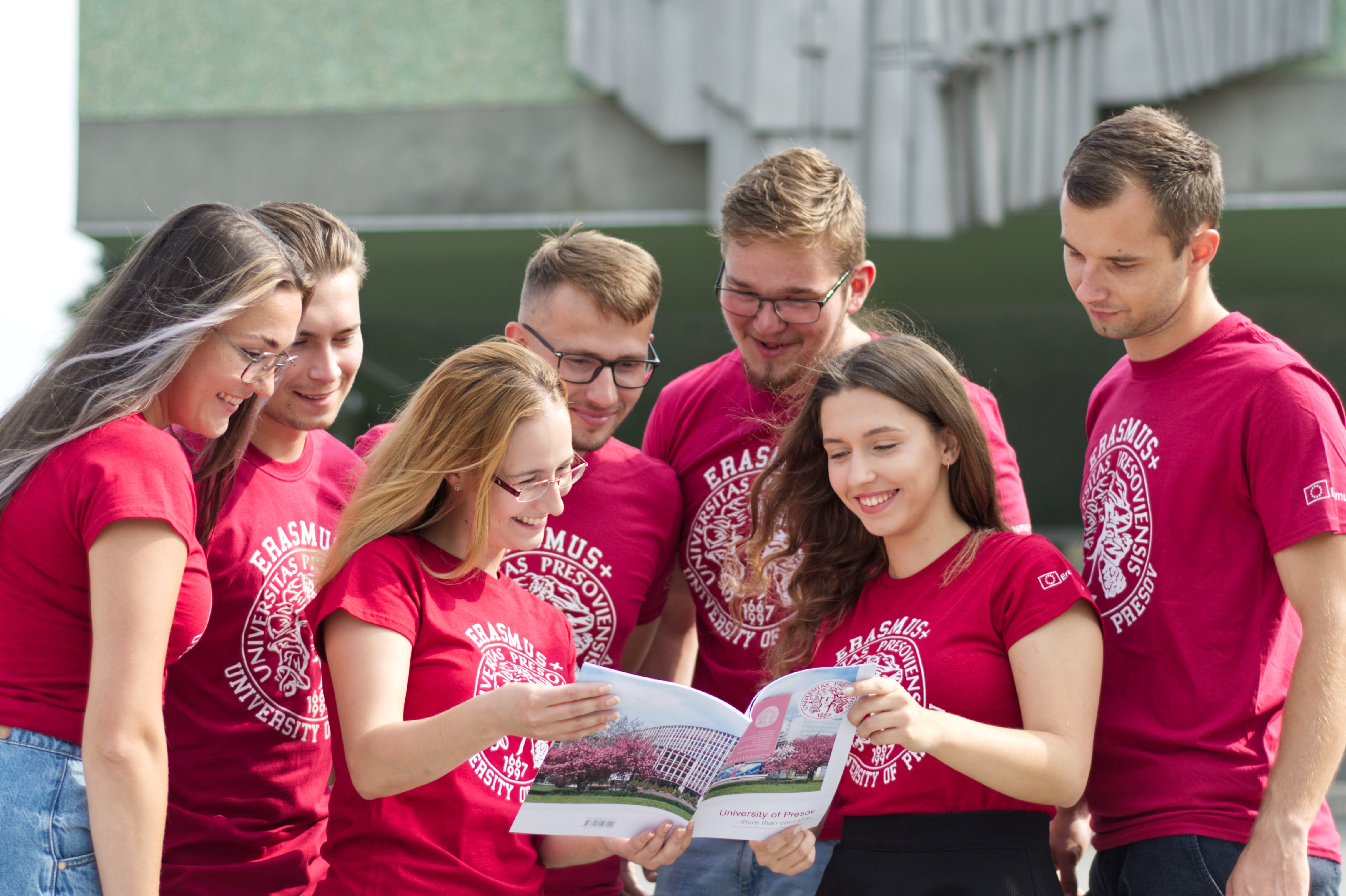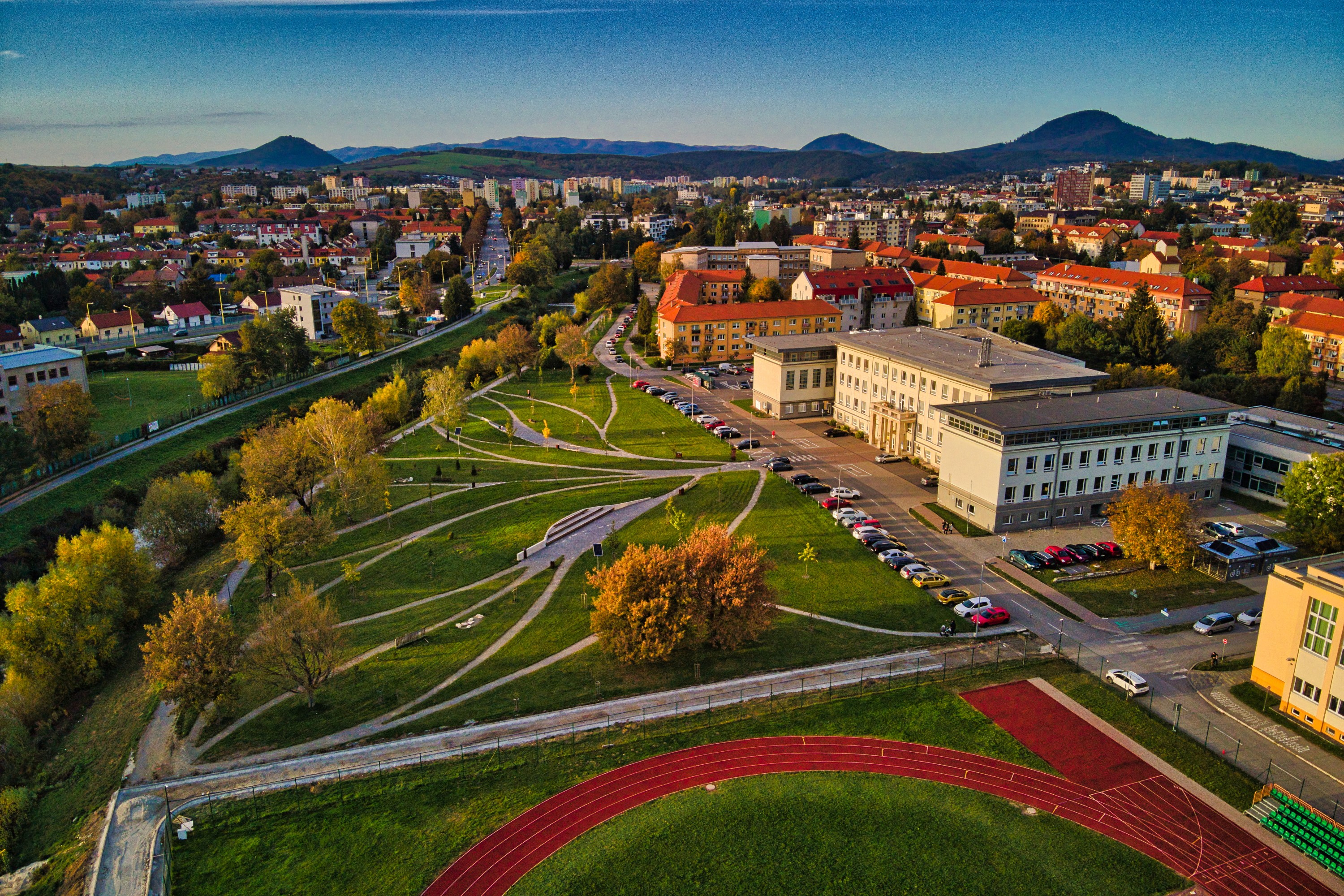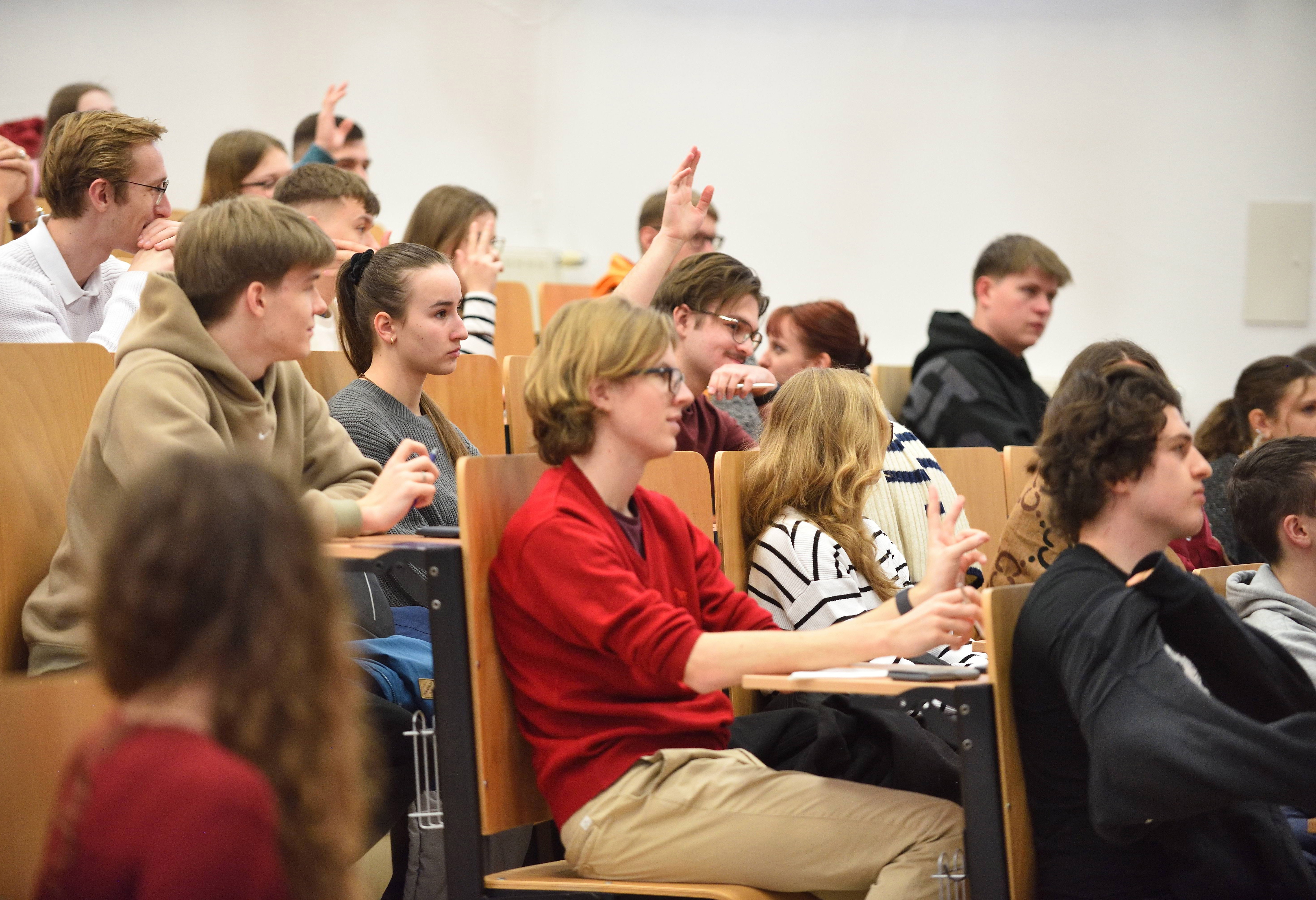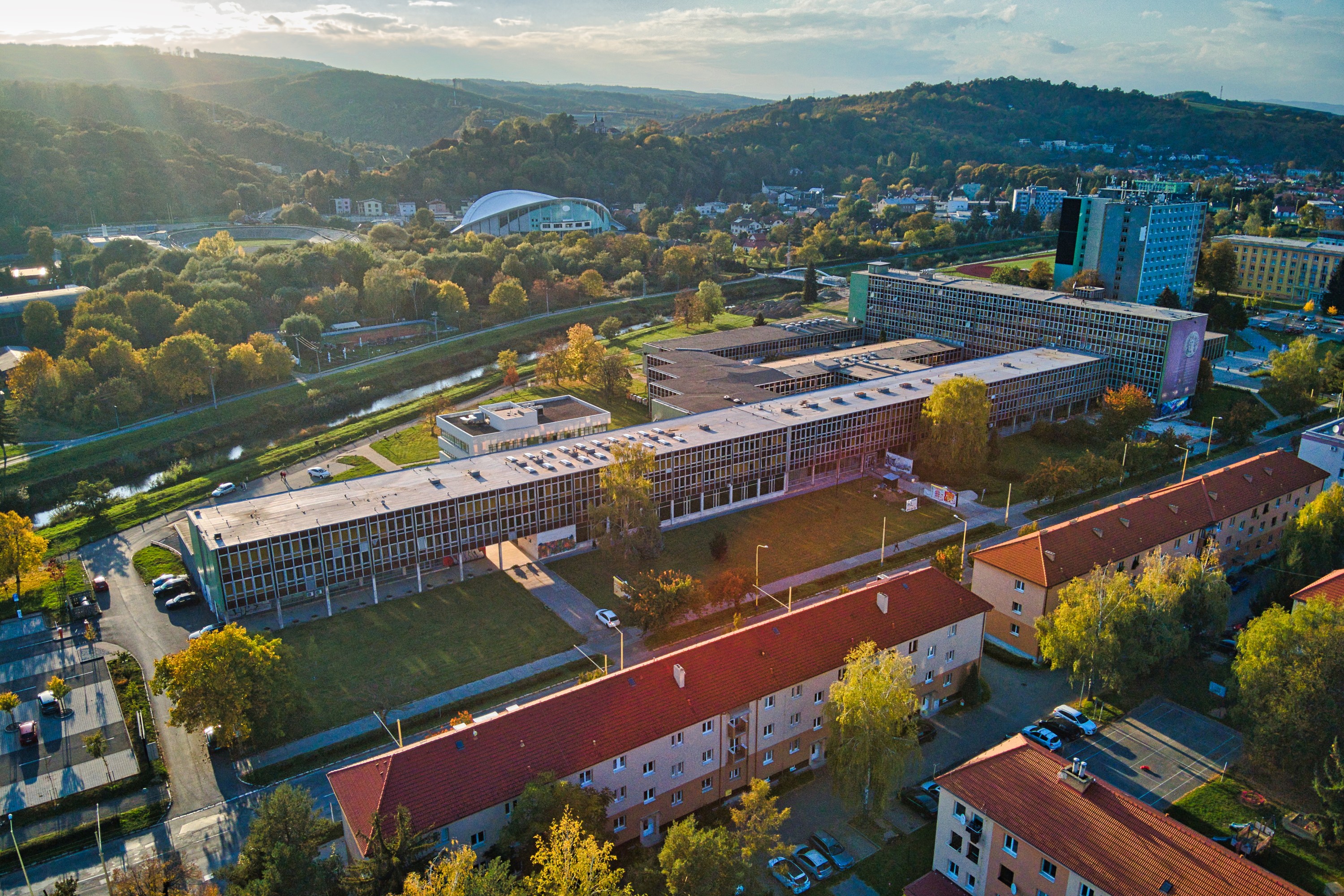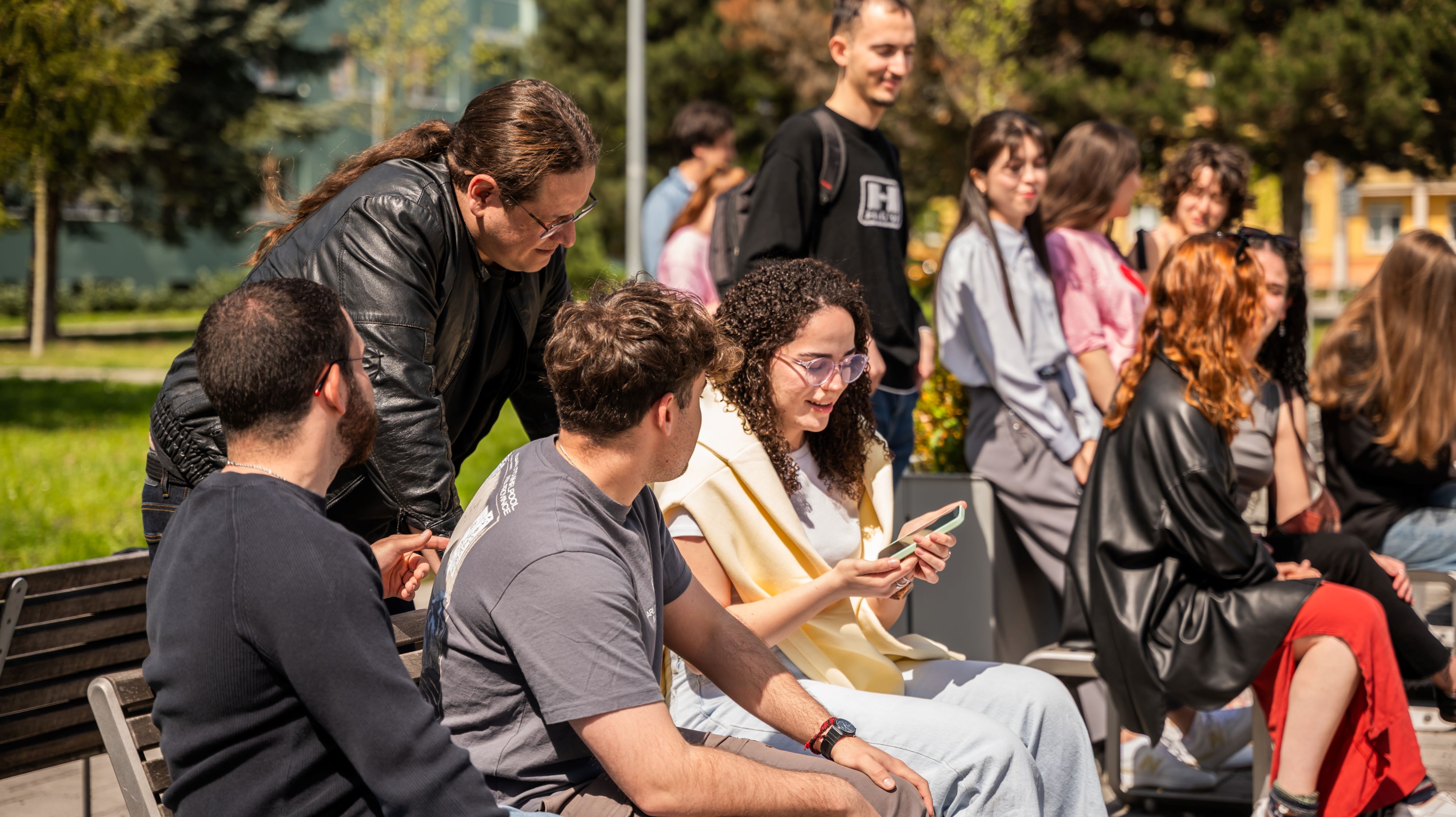Systematic Philosophy
Course Description
The third-degree (PhD.) study programme in Systematic Philosophy focuses on scientific analytical, critical, argumentative, and interpretative procedures within specific areas of systematic philosophy. The graduates possess the capacity to address theoretical issues of philosophy in the context of developmental trends in the history of philosophy as well as in relation to particular social and cultural processes. They are able to monitor specific philosophical-theoretical and methodological issues in contemporary philosophy, critically reflect on their scientific level, and independently propose productive solutions as well as to identify, formulate, and solve relevant philosophical and scientific problems, assess possibilities, utilize results, and apply methods of interdisciplinary research (biology, psychology, sociology, history, linguistics, cultural theory, communication theory, etc.). Graduates acquire adequate knowledge of the latest achievements in the fields related to the topic of their dissertations. They are able to present the results of their research in dissertations that meet the content and formal criteria of monographs, as well as in other scholarly publications. Furthermore, graduates can address issues associated with the application of research results in academic, educational, and social practice.
Course curriculum
The total number of credits required for the successful completion of the part-time, 3rd-degree study program in Systematic Philosophy, with a standard duration of five years, is at least 240 credits. (see https://www.unipo.sk/public/media/46391/OSP_FF_PhD_SYFDA_stand_ef_en.pdf)
The study programme consists of two components: 1) a study and pedagogical-educational part, consisting of compulsory and elective courses and 2) creative activity in the field of science. Within the creative activity component, students earn credits according to a specified structure for publishing activities related to their dissertation topic, as well as for other scientific research activities (such as citations, conference participation, involvement in grants, etc.). The dissertation and its defence also form part of this component.
Compulsory courses of the study and pedagogical-educational part are:
- Theoretical and Methodological Seminar
- Doctoral Seminar for Postgraduate Students
- Hermeneutic and Phenomenological Reading of Text
- Philosophical and Ethical Issues in Literature
- Aesthetics
- Foreign language in Academic Discourse
- Higher Education Pedagogy
- Written Work for Dissertation Exam
- Dissertation Exam (in theoretical philosophy, practical philosophy, aesthetics, or ethics
Program Outcome
Knowledge gained:
Graduates acquire essential approaches to text interpretation, including phenomenological and hermeneutic reading, as well as historical problematization. They learn to independently apply these interpretative methods and articulate their processes of uncovering meaning. Moreover, they gain proficiency in the language of modern phenomenology (Husserl, Heidegger, Patočka), hermeneutics (Gadamer), and historical ontology (Foucault), along with an understanding of various methodological approaches and philosophical concepts.
They develop the ability to reflect critically on theoretical and methodological issues related to their dissertation work, understanding their broader context within the history of philosophy. They acquire research methods and master professional practices relevant to philosophical inquiry.
Skills acquired:
Graduates acquire a range of essential skills in systematic philosophy. They are able to reconstruct individual arguments within texts, follow the overall course of reasoning, and reconsider interpretive strategies as needed. This foundation enables them to refine and develop their own interpretative procedures based on an in-depth understanding of various philosophical texts.
Graduates gain proficiency in creative philosophical writing and oral communication, including the ability to lead and engage in philosophical discussions. They master critical thinking skills, confidently promoting and defending their own viewpoints. Motivated by a strong sense of responsibility and commitment to ongoing education, graduates integrate acquired knowledge into their insights and select appropriate research methods for their work.
They can identify problem areas within the history and theories of aesthetics relevant to specific art forms and independently advise, consult, and generate innovative approaches and stimuli in their research. Graduates produce logically structured philosophical texts with precise formulation of ideas and adhere to correct citation methods and bibliographic standards.
With strong research skills, they work effectively with scientific literature, including both primary and secondary sources and scientific databases. They evaluate sources and research outcomes, drawing well-founded conclusions on research problems. Additionally, graduates can contextualize and accurately decode terms in philosophical translation according to their interpretations. Finally, they possess the ability to present and defend research projects confidently. This comprehensive skill set prepares graduates for advanced independent research, academic writing, and scholarly communication in philosophy and related fields.
Acquired Competencies
Graduates demonstrate strong competences in handling philosophical texts and research. They have mastered fundamental procedures for working with philosophical texts and systematically apply analytical methods to evaluate both their own and others' interpretive work critically. Equipped with the principles of scientific inquiry, they creatively solve problems within their field.
Graduates possess the ability to employ diverse research methods effectively and introduce innovative strategies. They are prepared to systematically analyse philosophical problems, select appropriate methodological approaches, and apply these in theoretical evaluation and responsible research practices. Proficient in conducting qualitative research, graduates critically assess sources and research findings to draw well-founded conclusions on specific topics and broader research issues.
Furthermore, they acquire methodological skills to recognize and organize knowledge systematically. They can prepare, select, recommend, and coordinate research approaches, manage projects, identify optimal solutions, and propose methods for evaluating and applying results in practical contexts. These competences equip graduates to contribute rigorously and creatively to philosophical research and related interdisciplinary fields.
Career Opportunity
The study programme Systematic Philosophy prepares students for careers that demand a high level of oral and written communication, independence in applying philosophical methods (such as analysis and the use of empirical findings) to solve theoretical and practical problems within a broader context. Graduates develop skills in professionally presenting their own opinions, effectively employing argumentation strategies, cultivating habits of independent work, and continuously expanding their professional knowledge. They are also trained in decision-making that considers multiple value perspectives and addresses moral, social, legal, and economic contexts relevant to their field of study.
Completion of this study programme enables graduates to pursue professions such as:
- Philosopher
- Researcher
- University teacher
- Editor
- Project manager or administrative worker
Additionally, graduates qualify for roles including:
- Editor or worker in media, publishing houses, libraries, and cultural or literary institutions
- Manager in non-profit organizations, research institutions, and similar settings
Upon completing the programme, graduates possess the knowledge and practical skills necessary for:
- Creatively solving complex problems
- Presenting innovative strategies
- Selecting appropriate methodological approaches
- Coordinating, organizing, and managing research projects
- Identifying optimal solutions and assessing their practical applicability
- Analysing and interpreting texts, as well as artistic, philosophical, and other cultural outputs
Admissions
Entry requirements:
The condition for admission to the third-level study programme in Systematic Philosophy is completion of a master's degree in philosophy or a related field, along with successful completion of the entrance examination.
Form of the admission procedure:
During the entrance exam, applicants present a project of their intended dissertation. The examination is conducted orally, and during the discussion, the applicant must demonstrate analytical, critical, and creative thinking skills in the area related to the proposed dissertation topic.
Components of the exam include:
a) Presentation of a research project proposal related to the chosen dissertation topic from the announced dissertation topics.
b) Evaluation of the overall qualifications (completed studies, mastery of the topic, applicant’s prior research results including theses and publications, etc.).
Topics for the Entrance Exam in Systematic Philosophy and History of Philosophy:
The subject of the exam is chosen according to the area of systematic philosophy related to the selected dissertation topic (e.g., social philosophy, philosophical anthropology, aesthetics, ethics, etc.).
Admission procedure:
- pay the application fee of €25 (the confirmation of payment must be attached to the application)
APPLY NOW - fill in and submit the application form
- print the application form, sign it and send it to the Faculty address with the required application documents
- Address: Prešovská univerzita v Prešove, Filozofická fakulta, 17. novembra 1, 081 16 Prešov, Slovakia
SWIFT: SPSRSKBA
Variable symbol: 102003
Note for the recipient: name and surname of the applicant
Gallery
